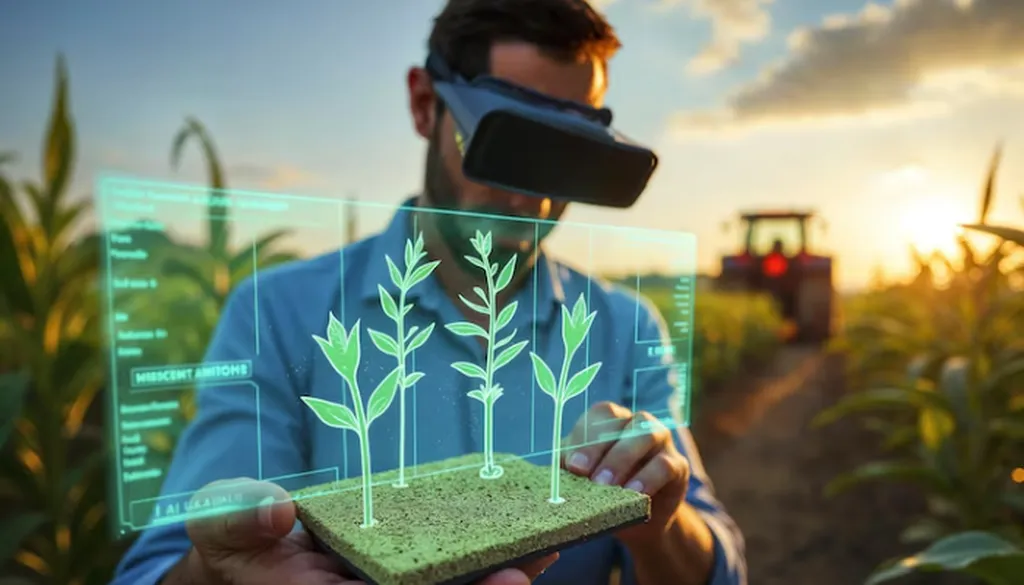In the heart of the countryside, where the rhythm of life is dictated by the seasons and the soil, a silent revolution is taking root. Artificial Intelligence (AI) is seeping into the agricultural sector, promising to empower farmers and bolster sustainable livelihoods. A recent study published in *Frontiers in Sustainable Food Systems* sheds light on the values, challenges, and strategies of AI in this domain, offering a comprehensive look at how technology can reshape the future of farming.
The research, led by Yuyang Yuan of the School of Public Administration at Guangzhou University, underscores the transformative potential of AI in agriculture. By analyzing 129 studies, the research team found that AI can significantly enhance farmers’ natural resource management capabilities, including land, water, and climate. “AI can facilitate precise agricultural decision-making, strengthen rural social networks, modernize production tools, and improve access to microcredit,” Yuan explains. This technological boost can translate into enhanced resilience in farmers’ natural, human, social, physical, and financial capital.
The commercial implications of these findings are substantial. AI-driven tools can lead to more efficient and sustainable farming practices, reducing waste and increasing yields. This can translate into higher profits for farmers and a more robust agricultural sector overall. Moreover, the modernization of production tools and improved access to microcredit can open up new markets and opportunities for rural communities.
However, the path to AI-driven agricultural empowerment is not without its challenges. The study highlights several hurdles, including the limited adaptability of AI in complex agricultural environments, the widening digital divide, the monopoly of AI platforms, high costs, and rural financial limitations. To overcome these obstacles, the researchers advocate for targeted and adapted AI agricultural tools, enhanced farmers’ AI literacy, multi-stakeholder collaboration networks, improved accessibility and universality of AI in agriculture, and a strengthened rural credit system.
The study’s innovative integration of the Sustainable Livelihoods Framework (SLF) with AI breaks through existing research that only focuses on the value of AI for agricultural production. It provides a new farmer-centered perspective for AI agricultural research and constructs a systematic governance framework for AI in agriculture. This holistic approach could shape future developments in the field, ensuring that technological advancements are inclusive and sustainable.
As the agricultural sector stands on the precipice of an AI revolution, this research serves as a crucial guide. By addressing the challenges head-on and leveraging the unique advantages of AI, the agricultural sector can pave the way for a more sustainable and prosperous future for farmers worldwide. The study not only offers a roadmap for policymakers and technologists but also a beacon of hope for farmers eager to embrace the digital age.

